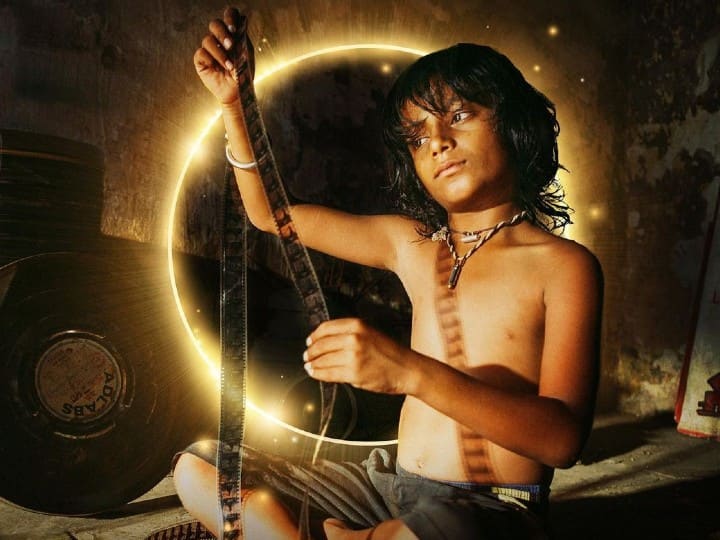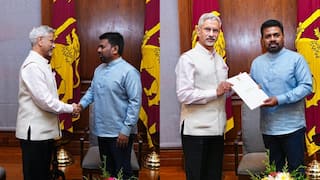'The Last Film Show' Movie Review: India's Entry To Oscars Is Gripping, Endearing And Well-Deserved
Pan Nalin's effort at making the audience realise the importance of making an attempt and striving for achieving one's dream is what stands out as an extraordinary element of the storyline.

Pan Nalin
Bhavin Rabari, Richa Meena, Dipen Raval, Bhavesh Shrimali
New Delhi: Everyone has a dream. There are many who live in the pursuit of their dreams while others make peace with their existing lives and let go of their unaccomplished passions. While it is hard for people to let go of their dreams, it is harder for those who wish to pursue them. Pan Nalin's semi autobiographical film 'The Last Film Show', set in the picturesque landscapes of 'Chalala', a small town in Gujarat, is one such story of a boy who lives for his dream of becoming a filmmaker, against all odds.
'The Last Film Show' or 'Chello Show' is the story of a young boy Samay (played by Bhavin Rabari), who has immense liking for films. The only difference being, he is more interested in the process that goes behind making characters appear larger than life on-screen. Samay is more inclined towards understanding the nuances of making a film rather than relishing the experience of watching it on the silver screen.
Samay, the son of a tea seller (played by Dipen Raval), belongs to a middle-class family and assists his father in his free time, who runs a shop near the railway station. Being an upper caste, Samay's ideas of becoming a filmmaker do not sit well with his father, who shrugs it away saying that his ideas don't align with their values. But Samay has other plans.
Given his liking for cinema, the young kid bunks school on most days and goes to a theatre to watch films, pocketing away some money while assisting his father. One day, while watching a film, he watches the ray of light emanating from the film projector and falling on the big screen. In an ecstatic moment, he starts moving his hands in order to catch the light, ultimately being thrown out of the theatre by the owners. A grumpy and annoyed Samay sits to have his lunch but cannot eat as his hunger has died down. Samay and the audience are then introduced to Fazal (played by Bhavesh Shrimali), who is tempted by the scrumptuous lunch carried by Samay and desires to taste the heavenly looking food. After devouring his lunch, Fazal takes Samay to the projection room, giving him the opportunity to watch the film through a small opening and laying the foundation of a friendship that ensues between the two, despite their vast age gap.
Samay's happines knows no bounds as he gets to watch movies and understand the intricacies of filmmaking in Fazal's company, while the latter relishes delectable meals prepared by Samay's Baa (played by Richa Meena) in return. While the child's undying love for pursuing his passion touches an emotional chord, director Pan Nalin's effort at making the audience realise the importance of making an attempt and striving for achieving one's dream is what stands out as an extraordinary element of the storyline. While the first half of the film focuses on Samay's adulation for his dream of filmmaking, the second half highlights the consequences a person faces when dreams are shattered, and what it takes to leave your loved ones behind and move towards achieving the unachieved.
Coming to the technical aspects of the film, the cinematography is awe-striking with lush green landscapes of the Saurashtra region. The casting director, Dilip Shankar has done a tremendous job in getting actors who have delved into their characters with utmost dedication. Bhavin Rabari as the protagonist Samay, delivers an endearing performance, carving a niche for himself as a child artist. Bhavesh Shrimali delivers an equally compelling performance while the gang of boys are the icing on the cake. Samay's parents Dipen Raval and Richa Meena are balanced in their emotions and body language.
Pan Nalin's film 'The Last Film Show', that has been selected as India's official entry to the Oscars, this year, is gripping, endearing and well-deserved. It is a cinematic joyride, the director's tribute to cinema that lingers on hope and passion.







































